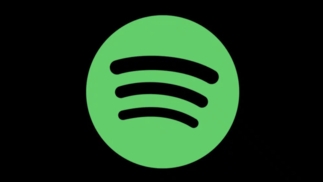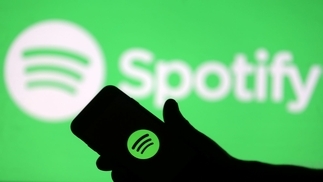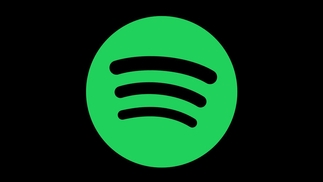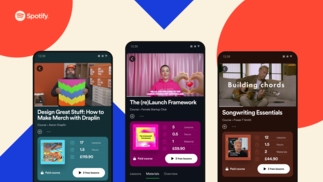Spotify to change royalty model, including minimum stream count for payment
Changes to minimum stream count and fraud policies could help redistribute $1billion
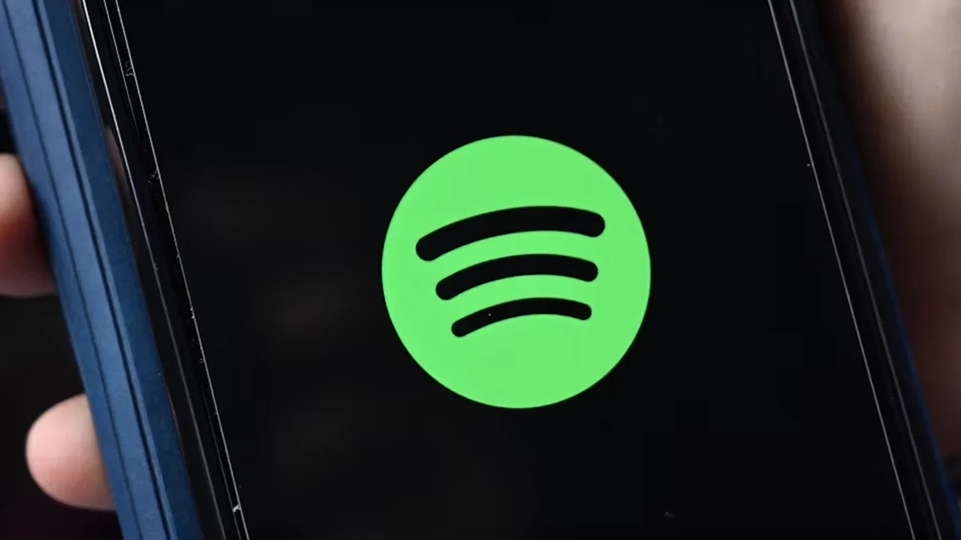
Spotify is set to introduce a trio of significant changes to its royalty model, which the audio streaming giant hopes will ensure revenue reaches 'legitimate' artists, Music Business Worldwide reports.
More than $1 billion in payments could be blocked through these measures and redistributed to recipients that meet new criteria. Inbound rules include a minimum annual stream count needed to trigger a payment, and a minimum length of time a track can be played to count as a stream in some genres. Financial penalties will also be introduced to target fraudulent activity. The announcement comes just weeks after details of the platform's new 'Super Premium' service were leaked.
While no specific number has been given, from Q1 2024 Spotify will introduce a base number of streams that must be reached for a track to start accruing royalty payments. The idea is reportedly to demonetise "a population of tracks that today, on average, earn less than five cents per month". The report goes on to estimate the minimum is likely to be around 17 plays per month, or 200 per year.
According to Spotify, just 0.5% of music uploaded to the platform fails to cross this threshold, but this action could allow Spotify to send $40 million in royalty payments to more popular artists. It's also worth noting that royalties for tracks currently below this level often fail to reach the creator anyway, and instead wind up held by third party aggregators that only allow withdrawals once a certain value has been generated.
Also due early next year, monetary fines for distributors of music, including labels, will be introduced when fraudulent activity is detected. The rise of illegitimate 'plays' used to boost stream counts, powered by AI or human 'stream farms', has long been noted, and earlier this year Spotify took the decision to pull tens of thousands of tracks from its database due to this. Reports have also suggested organised criminals are now uploading AI generated tracks and using artificial methods to boost streams as a new revenue source.
Finally, non-music 'noise' content on the platform will soon be subject to tighter regulations. From early 2024, producers of white noise, binaural beats etc will need their tracks to pass a minimum time per play mark before this is counted as a stream. The idea is to prevent people uploading playlists made up of hundreds of 31-second 'tunes', each of which count as an individual stream under existing rules. Once implemented, the result will mean a like-for-like playlist can only generate around one eighth of what it could when broken down into micro-sections. As yet, there is no conformation of how long the limit will be.
When approached for comment, a spokesperson for Spotify told Music Business Worldwide: "We’re always evaluating how we can best serve artists, and regularly discuss with partners ways to further platform integrity. We do not have any news to share at this time.”
